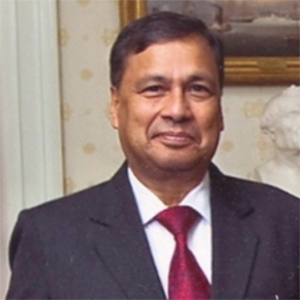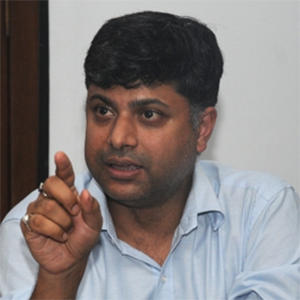A Panel Discussion on
The paradox of electricity surplus co-existing with access deficit: Implications and way forward
Electricity is one of the most versatile forms of energy and a necessary condition to catalyse development. But there are inequities in electricity use as well as significant economic, social and environmental costs in its production and distribution. This is especially true in the fossil fuel and grid based systems – the prominent option in India. For the past couple of years, reports have been suggesting that India is now a power surplus nation. For a country accustomed to power shortages, this may appear to be a major step towards reliable electricity supply and universal access. But even with surplus power, rural India continues to face power cuts and more than 4 crore households are without connections.
- How does one understand this paradox?
- What are its economic, social and environmental implications?
- What actions are needed channelise surplus power to promote sustainable access?
- What actions are required to ensure optimal planning given the inter-linkages of power generation multiple sectors such as fuels, land, water, environment and finance?
- What are the major structural and institutional challenges for such co-ordination and planning efforts?
A panel discussion was held in Girish's memory on February 10, 2018 at Bal Shikshan Mandir, Kothrud, Pune to discuss these issues and the way forward. The panel included eminent personalities that have worked on different facets of the power sector - Ajay Shankar, Anish De and Ritwick Dutta. More information on the panelists is provided below.
A video recording of the discussion can be viewed below.
For more information on the subject, please read two articles: one published on 31st May 2017, which discusses the financial impact of surplus power and the other, published on 2nd June 2017, discusses capacity addition in the context of surplus power.
More about the panelists
 |
Anish De has over 20 years of experience in infrastructure consulting, having worked with leading consultants like Ernst & Young, Mercados and KPMG. He has played a key role in the formulation of various electricity policies. He advises national and state governments, regulatory commissions and private sector entities on diverse issues in energy and infrastructure sector. He is now the Partner & Head – Infrastructure with KPMG India. |
 |
Ajay Shankar is a retired IAS officer with 40 years of experience at senior positions in Government of India in power sector, industry and urban development departments. He played a key role in the finalisation of Electricity Act 2003, various national policies under the Act and Rajiv Gandhi Grameen Vidyutikaran Yojana (RGGVY), the major rural electrification program initiated in 2005. He is now with The Energy and Resources Institute, New Delhi as a Distinguished Fellow. |
 |
Ritwick Dutta has extensive experience in practising and chronicling environmental law in India. He has accomplished this as a lawyer at the Supreme Court and the National Green Tribunal, as well as the founder of the Legal Initiative for Forest and Environment (LIFE). He has published several books, including a compilation of environmental laws and judgements of the Supreme Court and the High Courts. |
